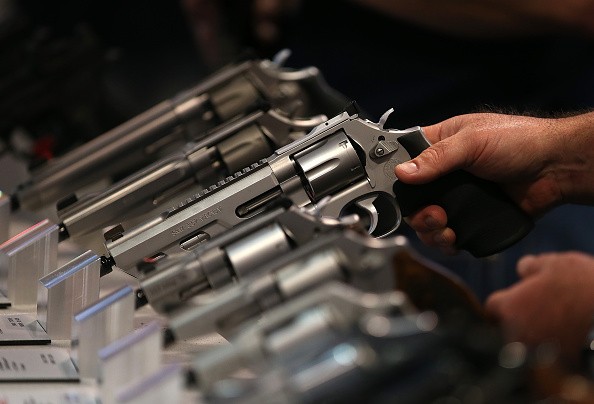
Four types of state gun control laws are significantly associated with lower rates of suicides that involve firearms, according to a new study.
Two researchers at the University of Southern Mississippi, Hattiesburg, gathered data on the presence or absence of four different types of laws governing the sale or carrying of firearms in each state. The laws were waiting periods for gun purchases, universal background checks for gun purchase or gun licensing, gun locks, and restrictions on the open carrying of handguns. Then they collected the data on suicide rates in each state, both suicides by gun and all suicides.
After controlling for the different population densities, racial and ethnic make-up, educational levels, socioeconomic status, and age in each state, the researchers found that each of the four types of laws relating to firearms was associated with a lower rate of suicide by gun. In addition, each type of law, except for waiting periods, was associated with a lower rate of all types of suicide. Analysis showed gun laws had a significant indirect effect on overall suicide rates, which indicates that the reduced overall suicide rate was attributable to fewer suicide attempts, fewer handguns in the home, suicide attempts using less lethal means, or a combination of these factors.
In 11 states that require a waiting periods before a person can purchase a gun, longer waiting periods were associated with lower gun-related suicide rate and increases in the length of the waiting period increased the reduction. Compared with states without such laws, universal background checks were associated with a 53% lower gun suicide rate, gun locks were associated with a 68% lower rate, and restrictions on open carrying were associated with a 42% lower rate.
The authors noted that there may be other variables that could play a factor in the suicide rate and the method of suicide, including the level of religiosity in a given area and prevalence of mental illness.
"Our results were supportive of a potentially vital role in suicide prevention for state legislation that limits access and exposure to handguns," the authors stated.
The study was published in the American Journal of Public Health.



